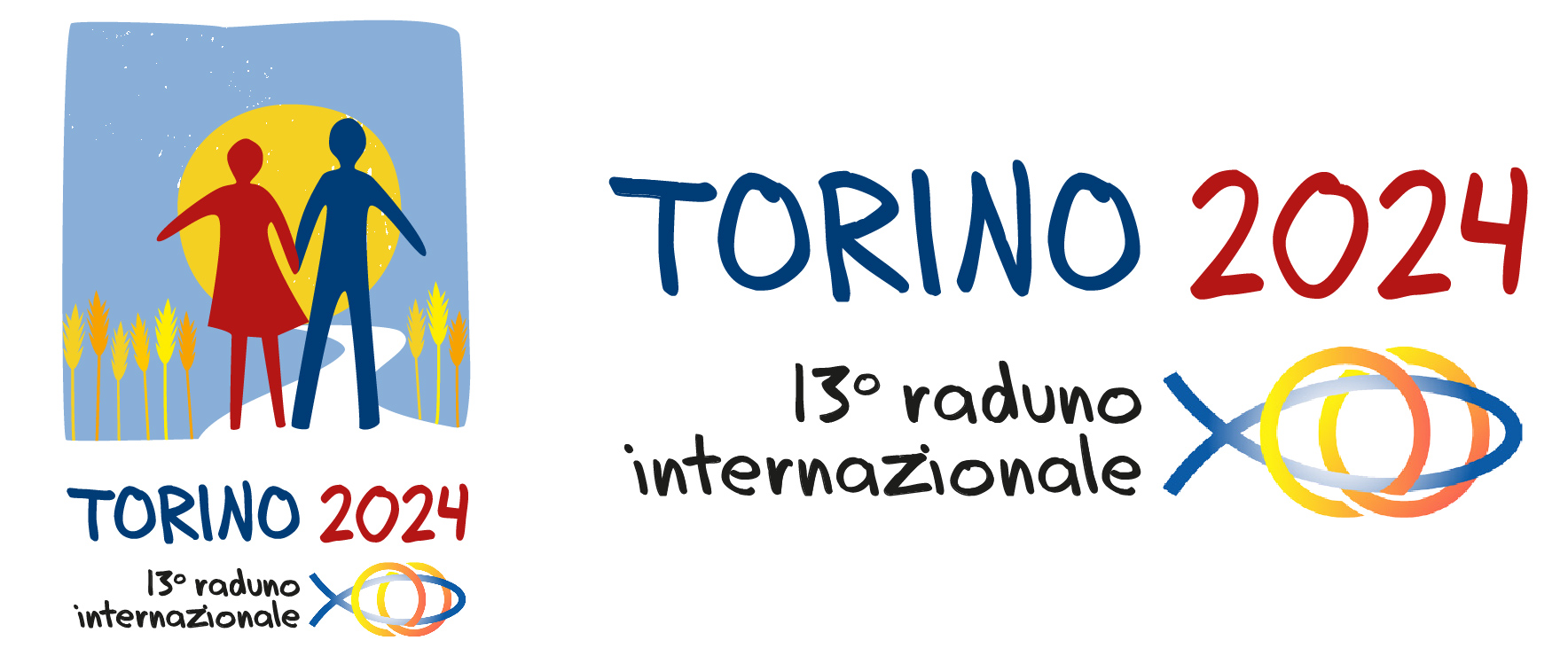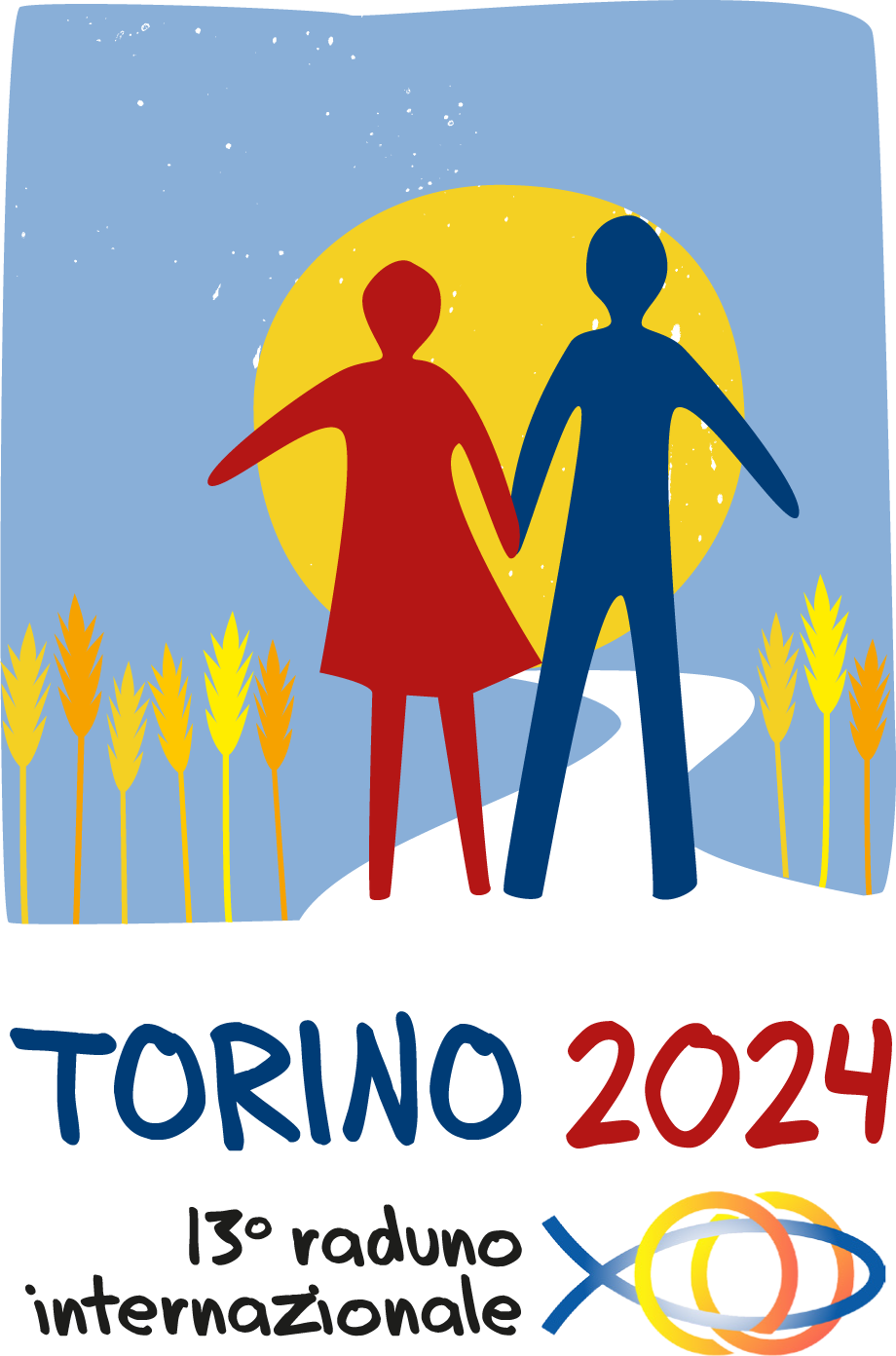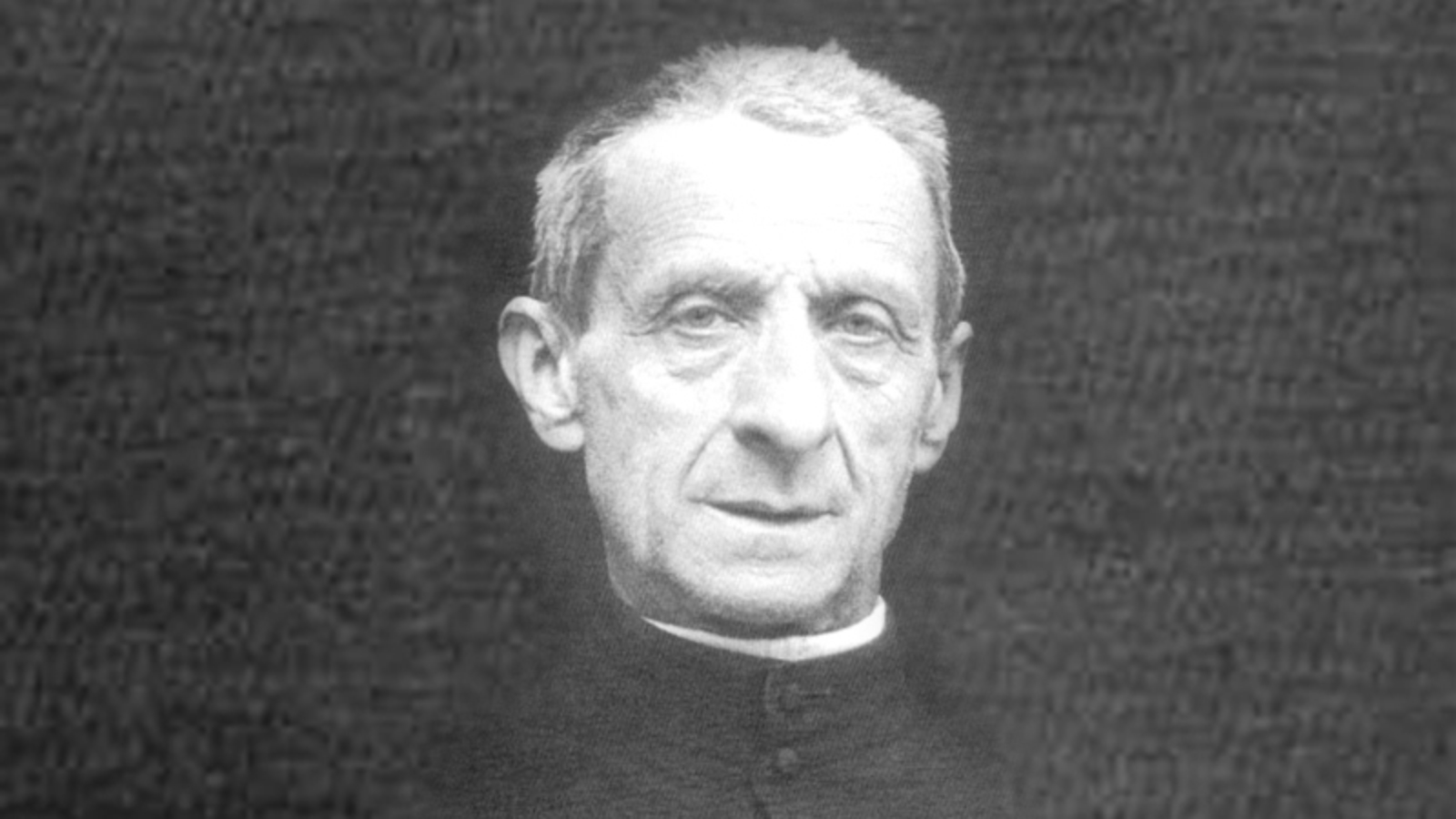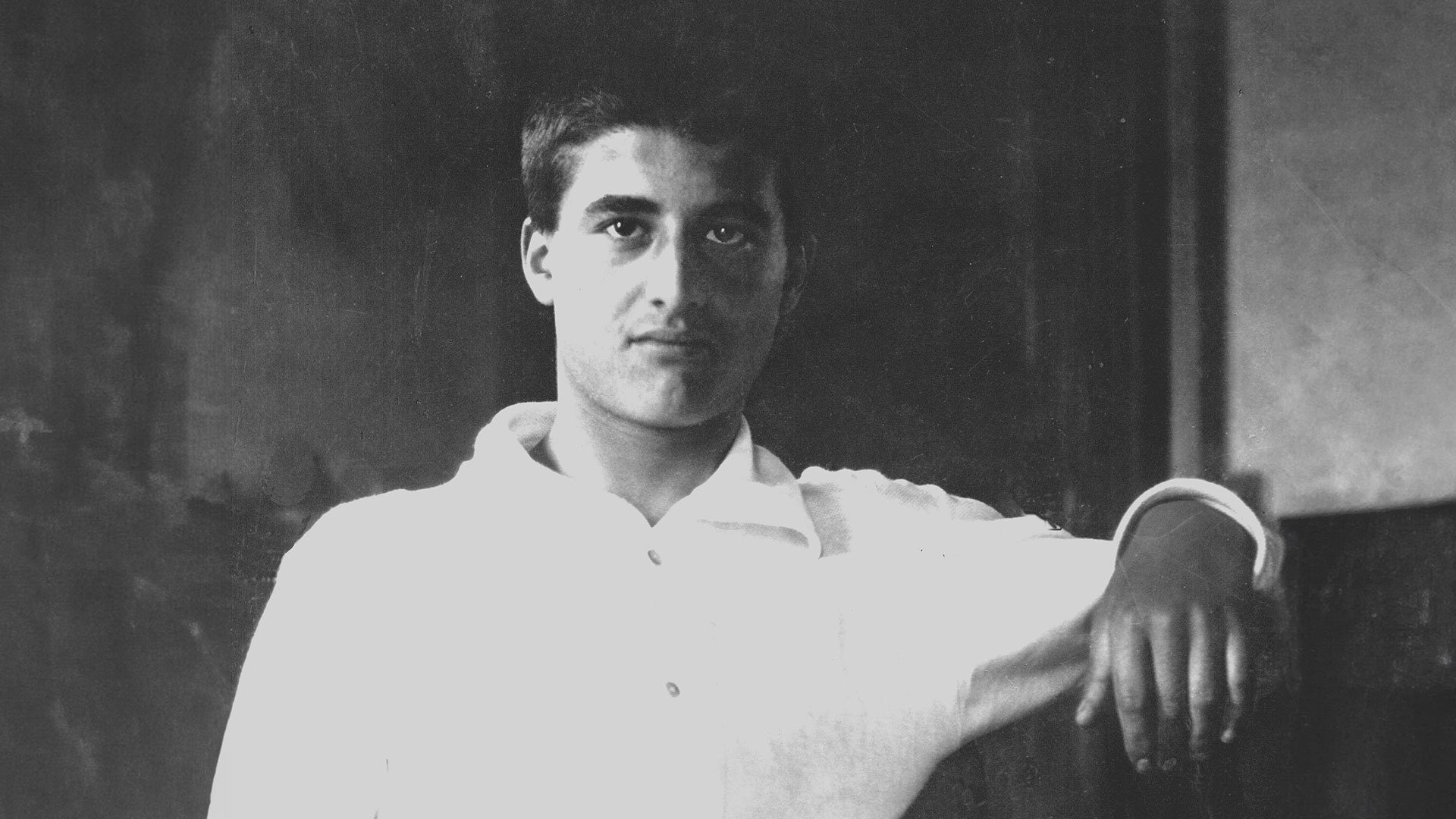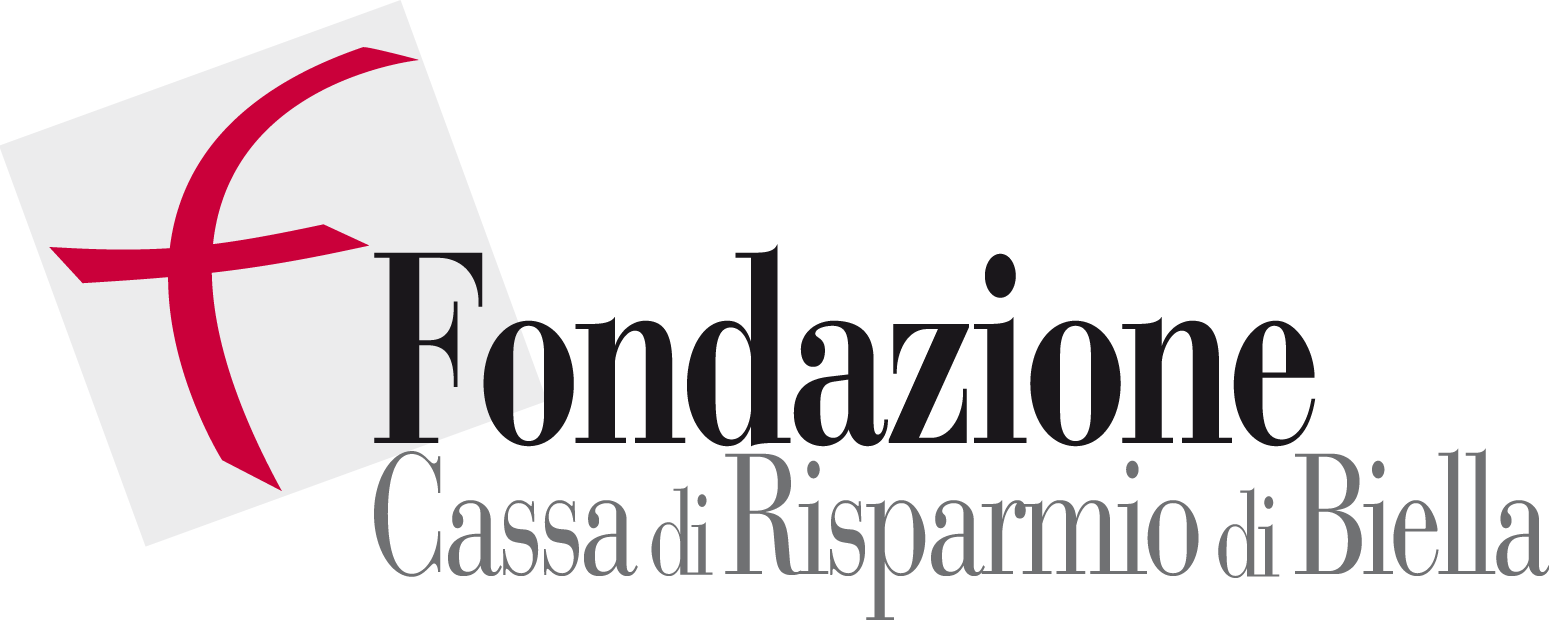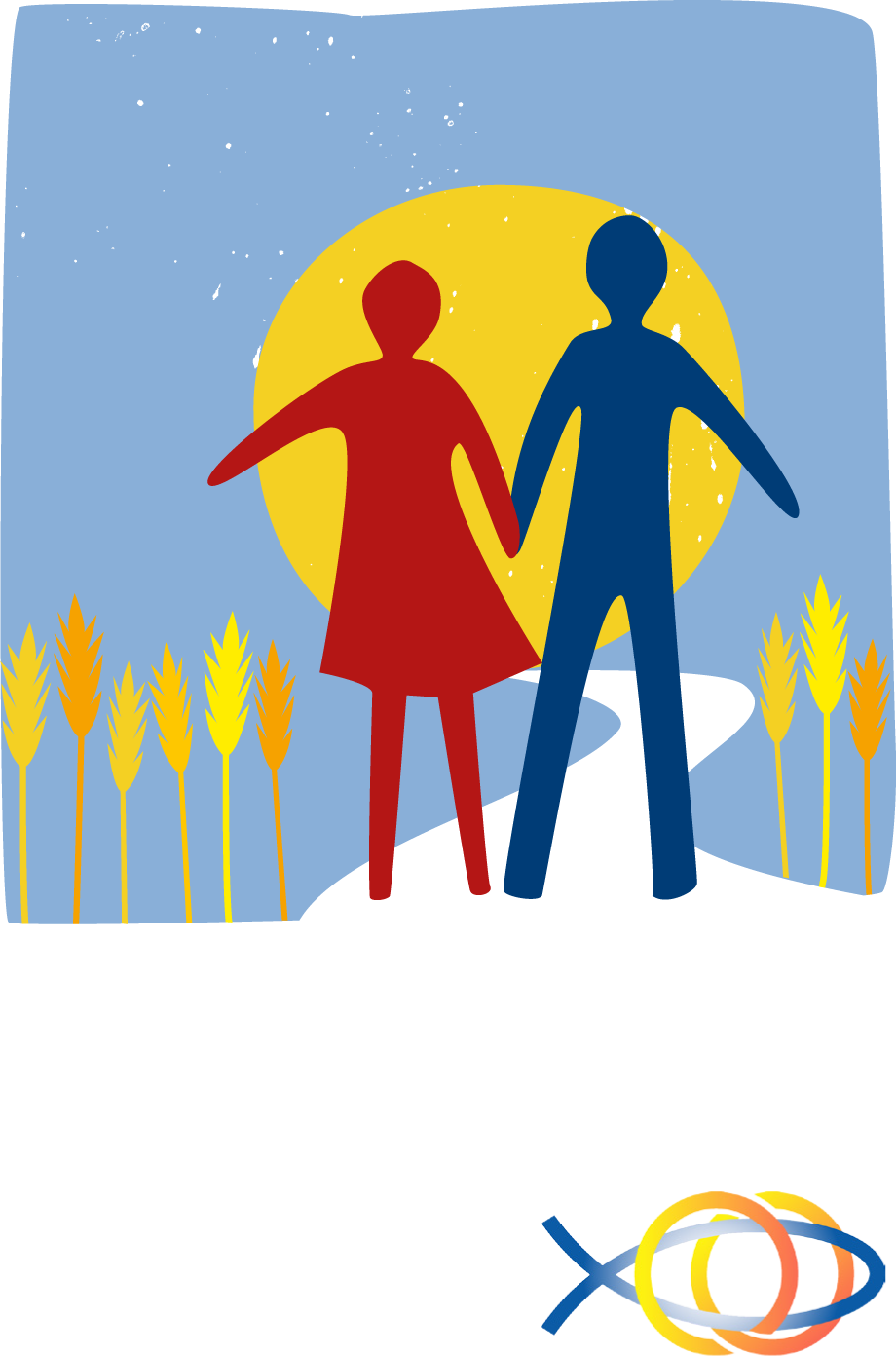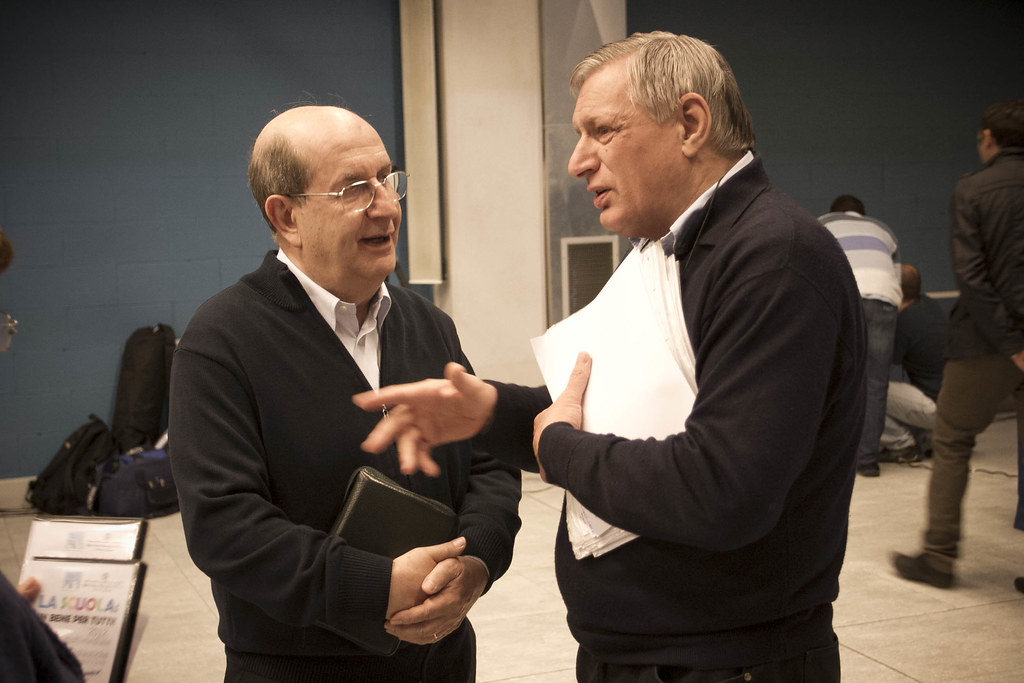
Ernesto Olivero and Don Luigi Ciotti: How to Turn the Negative into Positive
Our journey through the protagonists of holiness in Turin concludes with two living witnesses who, over the past decades, with different but complementary styles, have illuminated and continue to illuminate the social life of the city, Italy, and beyond with their evangelical commitment.
“Arsenal of Peace.” It seems a paradoxical expression, yet that is what Ernesto Olivero called an old and dilapidated military building in the heart of Porta Palazzo, the district of social saints in Turin. In fact, the arsenal was entrusted to Ernesto in 1983, who, inspired by the prophecy of Isaiah (2:4), would ‘convert’ it from an instrument of war to a factory producing peace, “a metropolitan monastery, open 24 hours a day, 365 days a year,” with branches all over the world. The Arsenal of Peace is a welcoming center for the poor, a place where one can find free shelter for the night, meals, and medical care, a ‘hub’ for collecting and redistributing material and spiritual resources for the disadvantaged, where countless volunteers offer their time and energy to countless other people in need.
The adventure began in the mid-1960s, the same years in which Don Ciotti’s first initiatives took life. It was 1964, Ernesto was 24 years old, and together with his future wife Maria and some young people determined to share his projects, he founded the “Sermig,” Youth Missionary Service. The purpose of the initiative was to combat world hunger through acts of justice, promoting development, and solidarity towards the poorest. Over the years, Sermig, whose main headquarters is precisely the Arsenal of Peace, became a center of radiation for solidarity and peace initiatives in Italy and abroad, thanks to Ernesto’s universalist vision and his ability to directly interact with the most influential political and religious figures on the national and international scene. Supported by Presidents of the Republic, encouraged in his work by Paul VI, a personal friend of Mother Teresa of Calcutta and John Paul II, awarded the Gold Medal of Civil Merit for his service to the least fortunate, nominated several times for the Nobel Peace Prize, appointed Servitor Pacis by the United Nations, recognized as a man of peace in Jordan and Israel and more, Ernesto has often been called by the powerful to carry out his peace-making action. Not least, thanks to the welcome of Sermig and the encounter with Ernesto, the infamous bandit Pietro Cavallero, who with his criminal robberies bloodied the 1960s, converted to Christ disavowing the past and asking for forgiveness. Today more than ever, in this time of conflicts, the prophecy of Isaiah embodied by Ernesto Olivero reveals its urgent relevance.
Likewise, the work of Luigi Ciotti (born 1945), which began in 1965 with the support of Michele Pellegrino, the unforgettable archbishop of Turin, the same who encouraged Ernesto Olivero’s first projects and saw in Luigi, ordained a priest in 1972, the future ‘street priest’ capable of redeeming the last, the discarded. Immediately, in fact, Don Ciotti dedicated himself to welcoming people in difficulty, first of all drug addicts, encountered in places where drugs spread creating marginalization, exploitation, and degradation. Thus was born the Abele Group, whose mission is not only to take charge of the marginalized, those who cannot find a dignified place in society, but also to promote public awareness initiatives, pressuring institutions to engage with political and legislative initiatives to address and solve social discomfort.
Don Ciotti embodies the ideal of charity that becomes politics, according to the teachings of Paul VI, a charity that does not limit itself to mitigating the effects of marginalization, but that commits to identifying its causes to eliminate them at the root. Thus, alongside the actions of the Abele Group ‘on the street,’ there are editorial initiatives, study centers, research activities, publications, training courses for social workers, public mobilizations that lead, for example, to the formulation of the first non-repressive Italian law on drug use, and so forth. Meanwhile, the scope of the Group’s action expands from drug addictions to addictions in general, alcohol and gambling, to victims of trafficking, prostitution, and the integration of migrants, situations whose common denominator is the reduction of people into more or less evident forms of slavery.
But all this is still not enough, because the phenomena described so far have organized crime as their center of origin and control. Therefore, intervention is necessary. Thus was born Libera, which since 1995, after the terrible mafia massacres in Sicily in 1992, has served as a point of reference for countless national and international organizations in the fight against the mafia in its various forms. The goal, now as then, is to promote a cultural and social change that, starting from the awareness of the younger generations, leads to a change of customs that eliminates from the root the consent to mafia logics. Here too, as already for drug addictions, Libera’s action towards institutions leads to the approval of the law on the social use of confiscated goods, ‘converting’ illicitly owned assets into resources for the growth of the affected territories.
Don Ciotti’s action does not stop here. Countless other initiatives spring from his overflowing personality. Just as countless are the public testimonials in his honor from institutions, associations, universities, media, which with awards, honorary citizenships, honorary degrees, broadcasts, etc., testify to the value of a man who has made the Gospel the primary source and engine of change and redemption for many situations of injustice and degradation.
Author: Luca Robino – Photo: SERMIG
